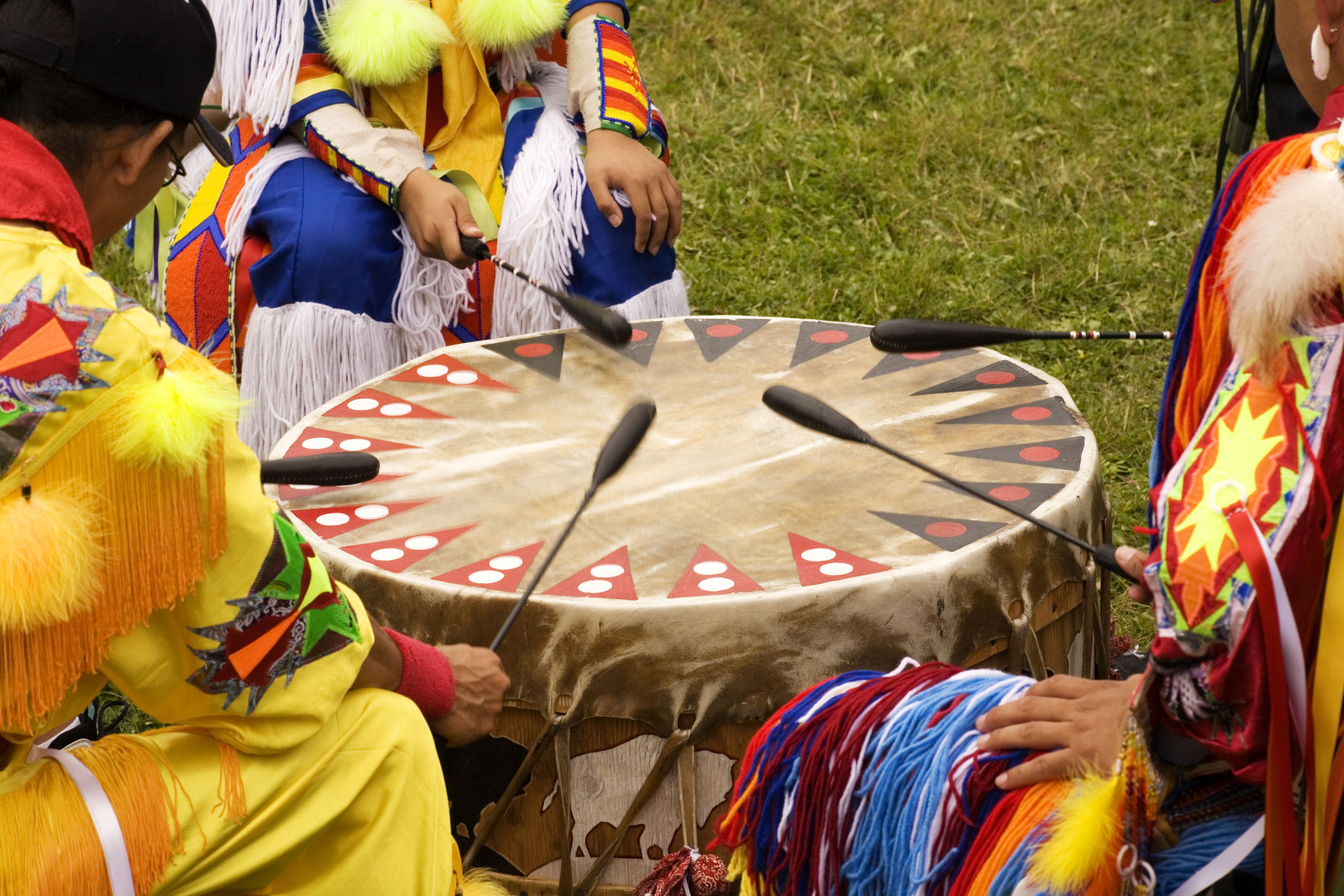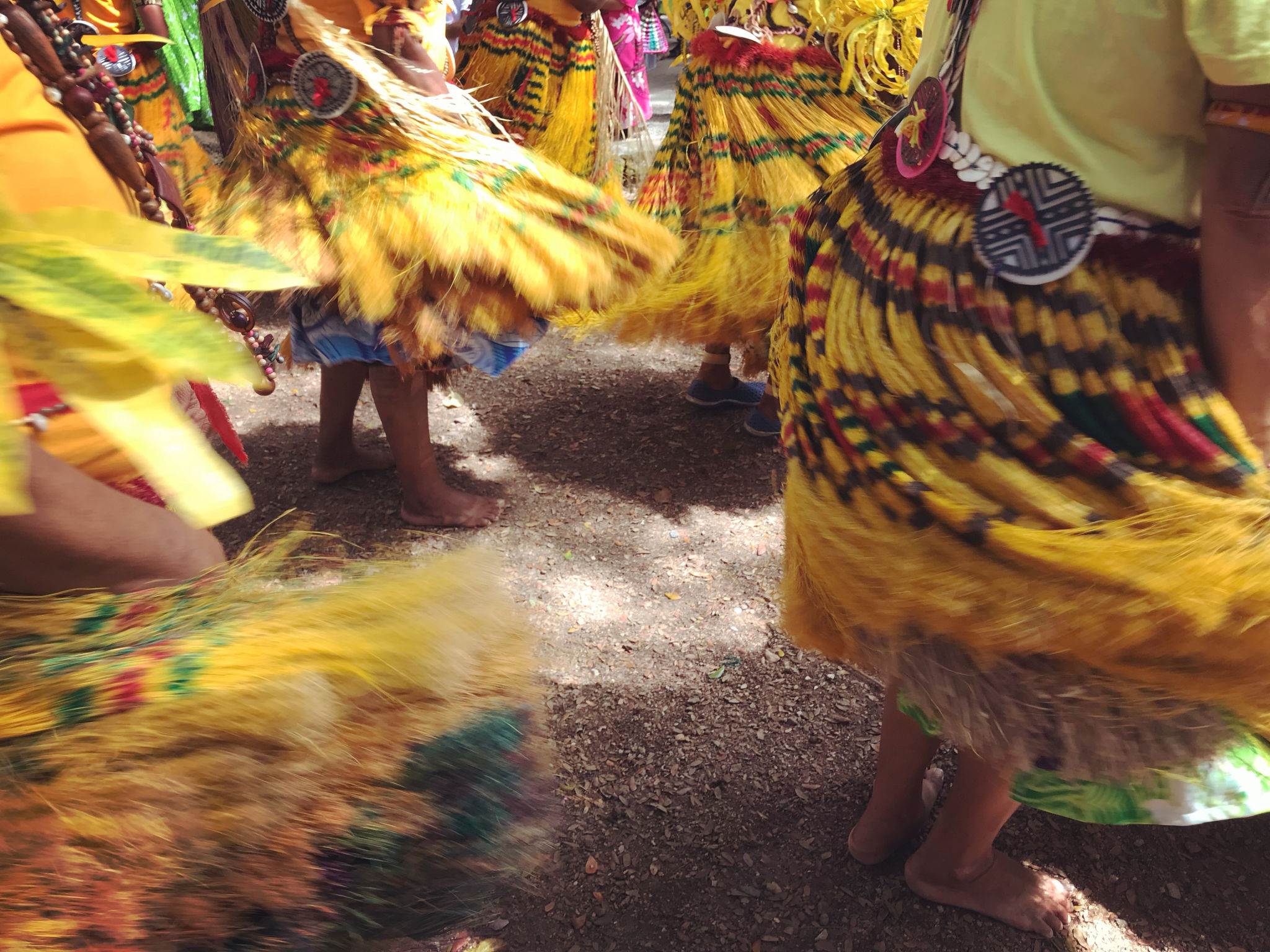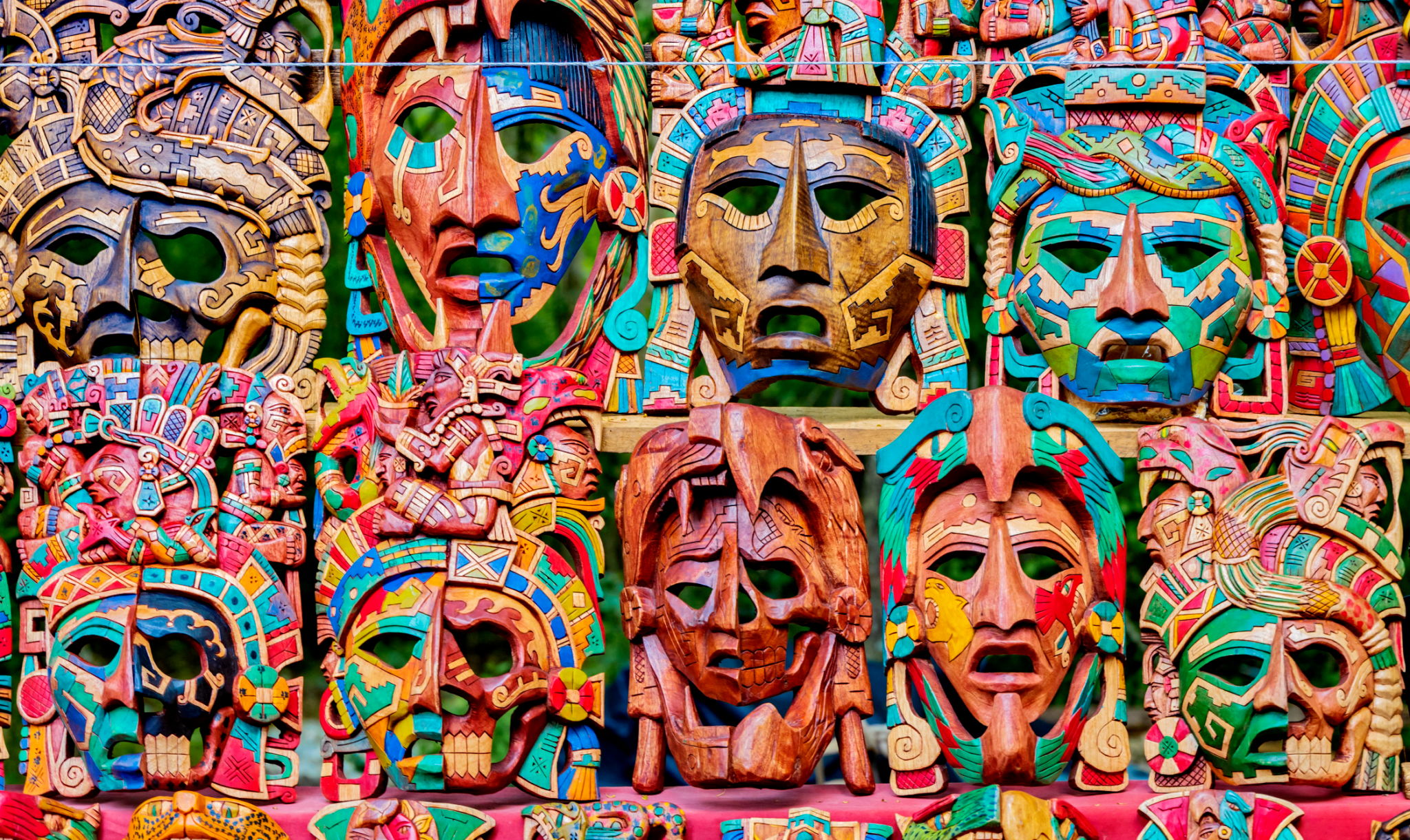Seasonal Celebrations: Indigenous Festivals and Traditions in Canada
Exploring the Rich Heritage of Indigenous Festivals
Canada is a country known for its diverse cultural tapestry, and one of the most vibrant threads is the rich heritage of Indigenous peoples. Across the nation, Indigenous communities celebrate a variety of festivals and traditions that provide a window into their history, spirituality, and way of life. These celebrations are not only a testament to their resilience but also an invitation for others to learn and appreciate their deep connections to the land and each other.

Powwow: A Gathering of Nations
One of the most recognized Indigenous celebrations in Canada is the Powwow. This event is a social gathering that brings together nations from various tribes to honor their cultures through dance, music, food, and art. Powwows are often held during the summer months and can be found in numerous locations across Canada, from urban centers to remote communities. The rhythmic drumming and vibrant regalia create an unforgettable experience for both participants and observers.
Powwows serve as a vital cultural exchange, preserving traditional practices while also adapting to modern influences. Visitors can witness dances like the Jingle Dress Dance or the Grass Dance, each with its own unique story and symbolism. These gatherings are open to everyone, offering an opportunity to engage directly with Indigenous traditions.
Sun Dance: A Spiritual Renewal
The Sun Dance is another significant ceremony held by several Plains Indigenous groups, including the Cree and Blackfoot. It is a deeply spiritual event that takes place during the summer solstice, aiming for personal and communal renewal. Participants engage in fasting, prayer, and ceremonial dancing over several days, seeking guidance and strength from the Creator.

This sacred ceremony is not typically open to the general public due to its intimate spiritual nature. However, it remains an essential practice for those who participate, emphasizing themes of sacrifice, gratitude, and connection to the earth. The Sun Dance reinforces community bonds and encourages reflection on one's relationship with nature.
Nalujuk Night: A Unique Tradition in Labrador
In Labrador, the Inuit community celebrates Nalujuk Night each January. This unique tradition involves community members dressing as Nalujuks—mythical beings who roam the streets, visiting homes and rewarding those who have been good throughout the year while playfully scaring others into behaving better in the coming months.
Nalujuk Night fosters community spirit and laughter while reinforcing cultural stories passed down through generations. It’s a time for families to come together and share in the joy of storytelling, music, and dance.

Maintaining Traditions for Future Generations
Indigenous festivals and traditions in Canada are more than just celebrations; they are vital for cultural preservation and education. They offer Indigenous youth a sense of identity and pride while educating non-Indigenous people about these rich cultural practices.
By participating in or supporting these events, individuals can help ensure that these traditions continue to thrive. Whether through attending a Powwow or learning about the significance of the Sun Dance, every effort contributes to a broader understanding and appreciation of Indigenous cultures.
How You Can Participate Respectfully
If you're interested in experiencing Indigenous festivals, it's essential to approach these events with respect and openness. Here are some tips for participating:
- Do your research: Learn about the festival's history and significance before attending.
- Ask for permission: Some ceremonies are private; always ensure you have permission to attend.
- Engage respectfully: Follow protocols and be mindful of photography rules.
- Support artisans: Purchase authentic crafts and art directly from Indigenous vendors.

By following these guidelines, you can enjoy a rich cultural experience while honoring the traditions of Canada’s Indigenous communities. Embracing these celebrations helps to build bridges between cultures, fostering mutual respect and understanding.
